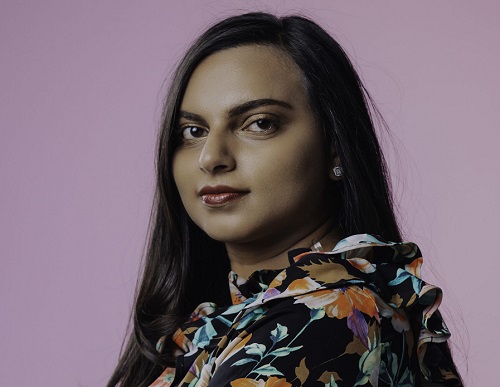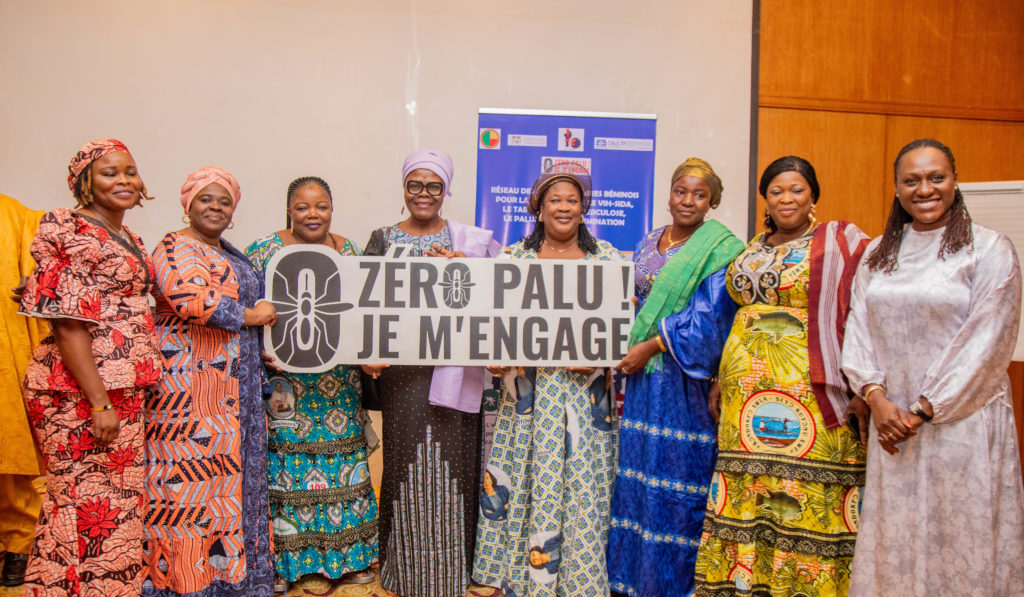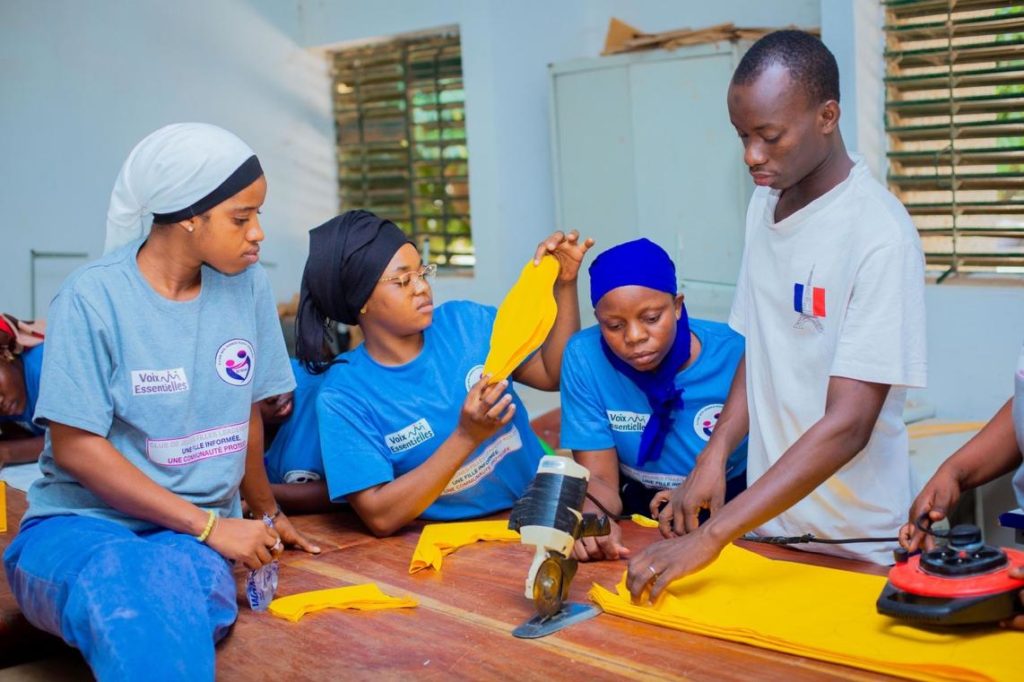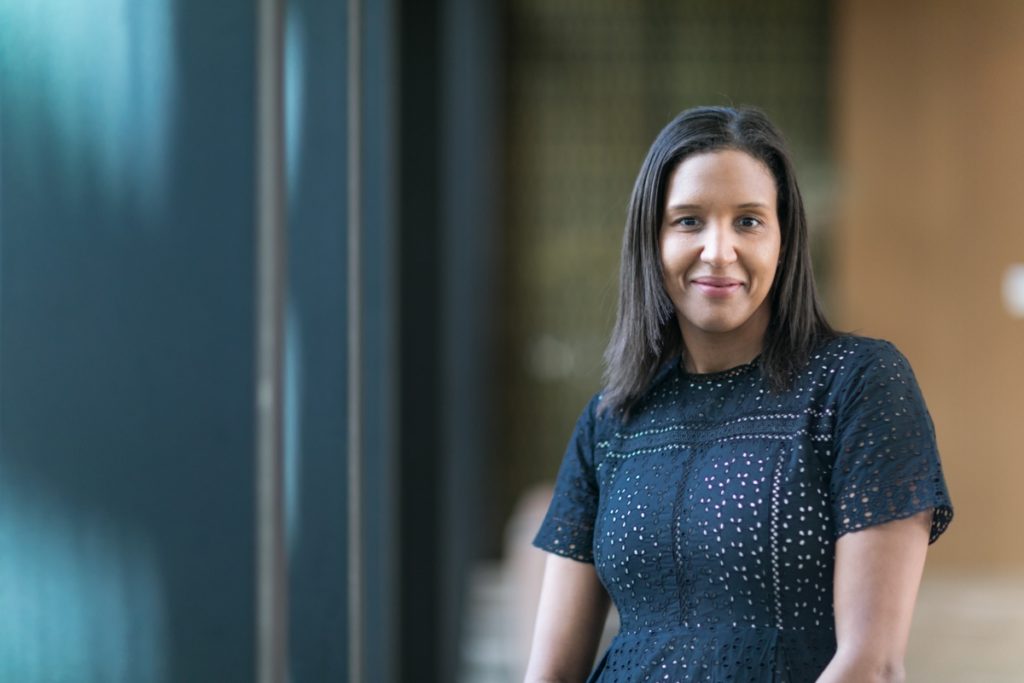Innovative solutions, investments critical in achieving UHC in Africa – Dr. Choonara

A South African based public health practitioner and activist, Dr. Shakira Choonara, has called on African governments to make it a priority in investing more resources rightly in the health sector so as to enable the continent to achieve universal health coverage (UHC).
She was of the view that achieving UHC was not beyond the reach of African governments and that when the right investments and prioritisations are made, the region would be able to make a headway in that regard. She particularly implored African governments to focus more on disease prevention and health promotion as some of the measures needed to achieve UHC and Sustainable Development Goal-3, which is about prevention of diseases and promotion of good health. Dr. Choonara in an interview with Graphic Online said African nations could properly regulate some of the factors that cause sicknesses in the region, including tobacco, alcohol and sugary drinks as well as the entire sugary industry. She said it has become necessary to enhance the quality of care in the African region, saying
« When the quality of care is low, that means we are not making progress. »
She added also that there was the need to bring down out-of-pocket expenses in the healthcare sector, noting that as a result of the inability of the governments in the region to provide the needed services in the public sector, many people are going into debts, trying to meet the cost of healthcare at the private facilities. Dr. Choonara stressed that availability and accessibility of quality healthcare delivery was prerequisite for sustainable development in any developed society and that Africa cannot develop without this—UHC.
What is UHC?
UHC means that everyone has access to the healthcare services that they need without the risk of financial hardship when paying for them. More importantly, UHC aims to provide health care and financial protection to all people in a given country with three related objectives—equity in access; quality of health services, and financial-risk protection. In 2015, member states of the United Nations adopted the 2030 Agenda for Sustainable Development and its accompanying Sustainable Development Goals (SDGs), with the third goal of the agenda focusing on health – good health and well-being. This has the attainment of UHC as its umbrella target.
Health budgeting
Dr. Choonara holds the conviction that UHC is achievable if things are done right, pointing out that health budgeting distribution should be properly done such that public health facilities would get the needed resources to be able to operate at the optimal levels. She expressed the concern that even though many African governments were investing in their health sectors, a chunk of such investments go to the private sector which many people could not access their services due to the high cost. Citing South Africa, for instance, Dr Choonara, who is also currently a Technical Specialist at the World Health Organisation Headquarters, supporting the Department of Health Workforce and Sexual and Reproductive Health, indicated that South Africa “has 80 per cent of its health budget going to the private sector and leaving only 20 per cent for the public sector.”
That, she described the distribution of health budget, as “inaccurate distribution of resources.” She, however, expressed the concern that when resources are put in the care of state actors, “they are not efficiently utilised” as compared to the private sector. Dr. Choonara further urged policy makers, implementers and duty bearers in the region to factor the subject of UHC in their thinking, stressing that when leaders prioritise something, they make the necessary efforts to get it done.
Domestic resources
She also pointed out that achieving UHC would require significant financial commitment and for the African region to do that, it needed to wean itself from donor support systems and start domestic mobilisation of resources. She explained that even though donor funding had contributed greatly towards improving the region’s health, such monies come with conditions, making it difficult for the region to channel the monies to where they are needed most.
« For as long as we are dependent on foreign aid, that means they set the priorities »
Dr. Choonara, UHC specialist
Citing HIV, for instance, she said many African nations have enough resources towards HIV related activities due to donor support systems and that such monies could not be channeled into other uses including strengthening health systems, building infrastructure, or purchasing medical equipment.
She expressed the concern that in many African countries,
« unless something is donor-driven in the health system, nothing really happens. »
Dr. Choonara also raised concerns over structural issues in the health sector in the region, pointing out that unlike the private sector where things are properly done to function effectively and efficiently, many public health facilities in the region lacked the right structures. She said if the private sector is fast developing in terms of digitisation, modernisation and service delivery, the public sector could equally learn from it and upgrade their services.
Shortage of health personnel
She stressed the need for African countries to provide safer environment for their health workers in order to enable them to stay. She expressed the concern that Africa continues to lose some of her finest health workers to other parts of the world due to poor conditions of service and lack of enabling environment. Dr. Choonara, who is widely recognised for her work on gender equality, sexual and reproductive health rights and youth development, said the nature of health facilities in many parts of Africa contribute to pushing many health workers out of the region. She said many health professionals in the region had to provide care for patients without the needed equipment, which all affect their work and morale. For her, the growing exodus of health professionals from the African region “is going to have a dire impact on us” and added that “these professionals are snapped out very quickly.”
Why focus on Youth?
Concerning the involvement of adolescents and youth in the UHC discussion, Dr. Choonara, who is also a former member of the African Union Youth Council and Africa Health Agenda International Conference (AHAIC) Commission on universal health coverage in Africa, stressed that children and adolescent are so important in the discussion of UHC because “that is the age you develop your health habits and your social practices.” Similarly, she noted, when adolescents and youth are involved in the UHC discussion, it would enable them to learn to prevent certain addictive lifestyles, including consumption of alcohol, processed foods, sugary foods and tobacco.
« If you build a healthy population at that age, that means the entire life-cycle is likely to be healthy »
she said, indicating that it would also help to reduce lifestyle diseases such as diabetes and hypertension in population. Dr. Choonara argued that considering the critical role of the youth in achieving UHC, there was the need to involve the youth at all levels of decision making in order for them to make the right inputs in such thinking.
Innovation & Youth
She also urged African governments to help innovators in the region to come up with solutions to meet the region’s health needs. She explained that many regions of the world are now depending largely on technologies and innovations to provide quality health care for their people and that Africa should not be an exception. She also entreated young innovators in the region to collaborate with the private sector if the governments are unable to meet up their funding needs. Dr. Choonara therefore commended Speak Up Africa for its initiative in providing funding support for young African health innovators.
« Having this source of incentives is excellent. It gives them a push that they need. »
For her, “having this source of incentives is excellent. It gives them a push that they need” pointing out that countries such as India and China largely rely on innovations and technology in driving their healthcare and such things are mostly led by the youth.
She also implored African governments to embrace new ways of doing things to ensure that the region is not left out in providing quality, accessible, and affordable care to its citizens at all times in all areas.
« Once the public sector healthcare system is functioning really in archaic way, nothing is going to change. »
Africa Young Innovators for Health Award
The Africa Young Innovators for Health Award is a flagship programme launched by the International Federation of Pharmaceutical Manufacturers and Associations (IFPMA) and Speak Up Africa to recognise and reward innovative projects by young African entrepreneurs in the health sector.
It is supported by AMREF Health Africa, BroadReach, Ecobank Academy, the Galien Foundation, IntraHealth International, Microsoft 4 Afrika, RBM Partnership to End Malaria, Social Change Factory, Africa.com and Scidev.net.
The first edition of the award, launched in December 2021, highlighted innovative solutions aimed at supporting health professionals who are leading the way in delivering care and promoting health.


